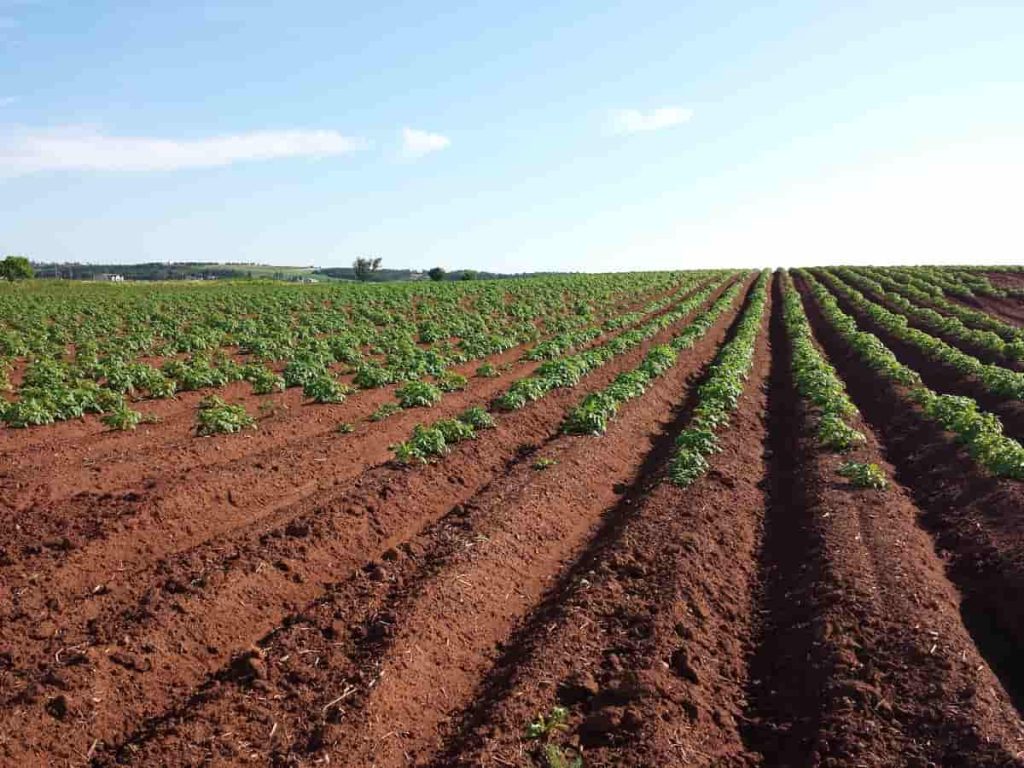Hausaland, is a region located in West Africa, primarily in northern Nigeria, but also extending into parts of Niger, Ghana, and Cameroon. The Hausa people are the largest ethnic group in this region and have a rich cultural heritage that encompasses various aspects of life, including farming. Farming plays a significant role in the economy and culture of Hausaland. The region has a diverse agricultural sector that supports both subsistence and commercial farming practices.
The primary crops cultivated in Hausaland include millet, sorghum, maize, cowpeas, rice, yams, and groundnuts (peanuts). These crops are well-suited to the semi-arid climate of the region and form the staple food for the Hausa people. Traditional farming system in Hausaland is characterised by a mix of rain-fed and irrigated agriculture. Farmers rely on seasonal rainfall to cultivate their crops, but in areas with access to water sources like rivers or streams, irrigation techniques are employed to support year-round cultivation. Some farmers also engage in livestock rearing, primarily cattle, sheep, and goats, which provide additional sources of food, income, and cultural value.
Hausa society has a long history of agricultural practices and a wealth of indigenous knowledge related to farming techniques, crop varieties, and environmental management. Farming knowledge and skills are often passed down through generations, with traditional methods being preserved alongside modern agricultural practices. The cultural significance of farming in Hausaland is evident in various aspects of daily life. Agriculture is closely tied to cultural celebrations, rituals, and festivals. For example, the annual Argungu Fishing Festival in northern Nigeria, which attracts visitors from different parts of the country and beyond, celebrates the abundance of fish in the Sokoto River and showcases the agricultural heritage of the Hausa people.
In addition to its economic and cultural importance, farming in Hausaland also influences other aspects of the region’s culture. It shapes dietary preferences, culinary traditions, and traditional arts and crafts. Many traditional dishes in Hausa cuisine, such as tuwo shinkafa, a thick rice pudding and miyan kuka, a soup made from powdered baobab leaves, are based on agricultural produce commonly grown in the region. Overall, farming in Hausaland is deeply intertwined with the cultural fabric of the region. It sustains livelihoods, fosters community cohesion, and contributes to the identity and heritage of the Hausa people. While modernisation and urbanisation have brought changes to agricultural practices, traditional farming techniques and cultural values related to agriculture continue to play a vital role in the Hausa society.



